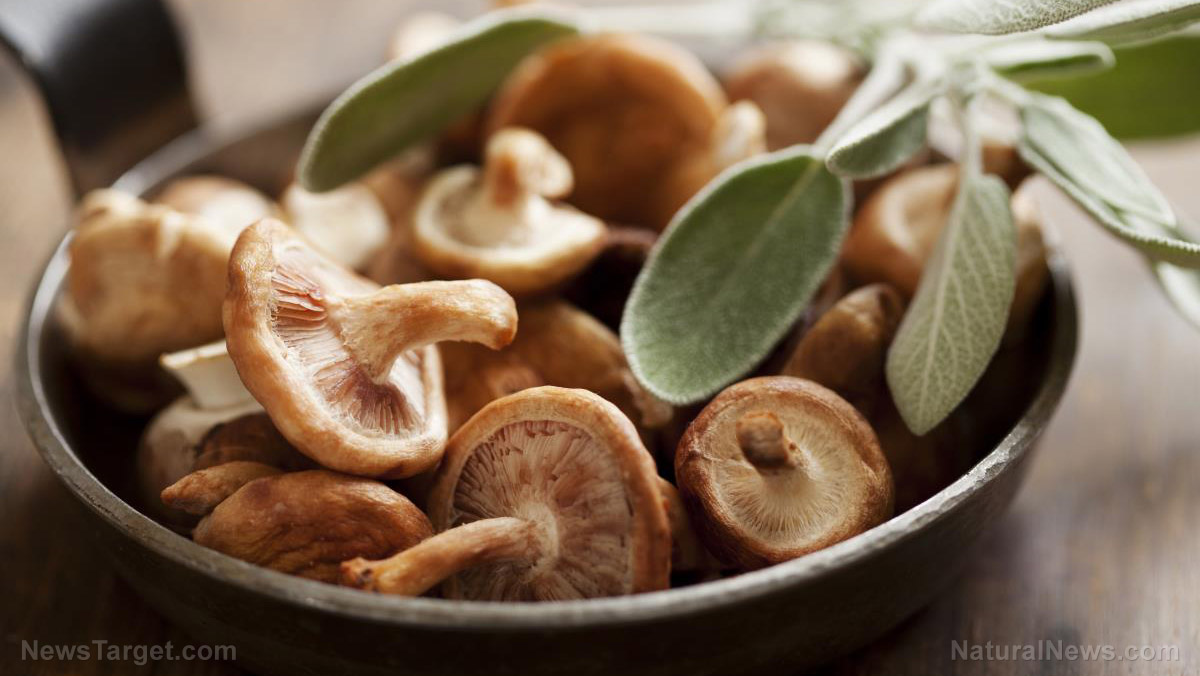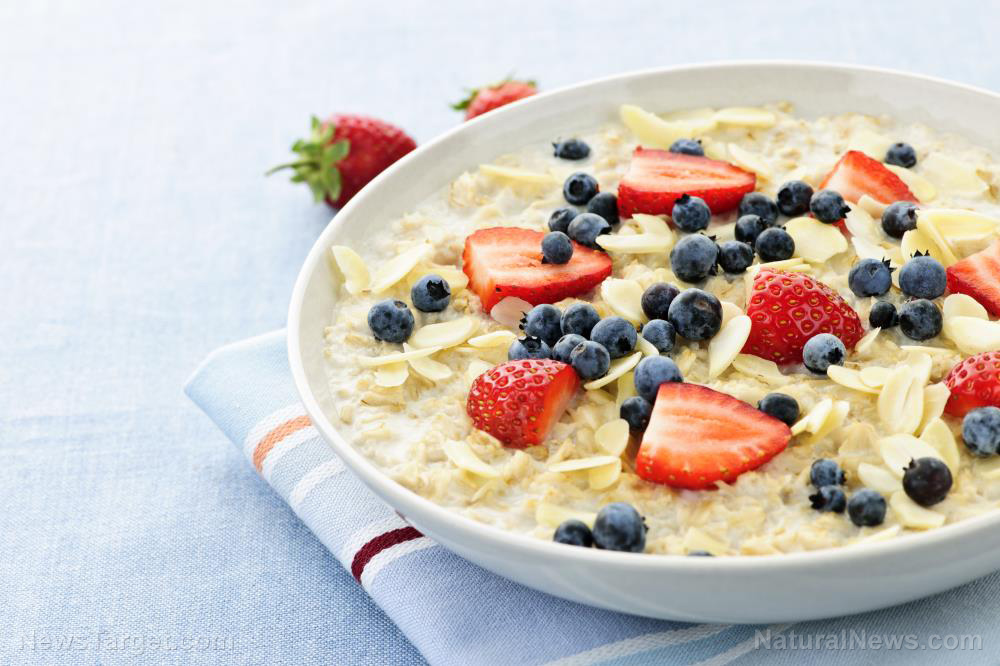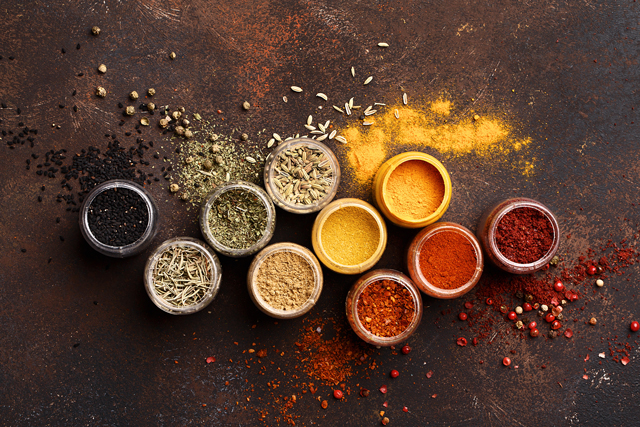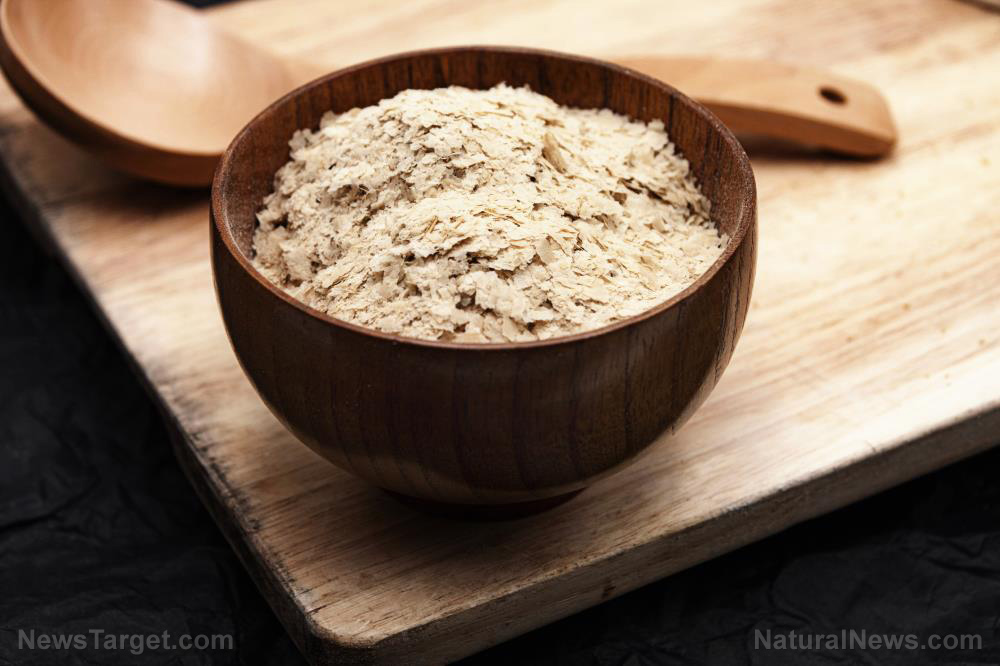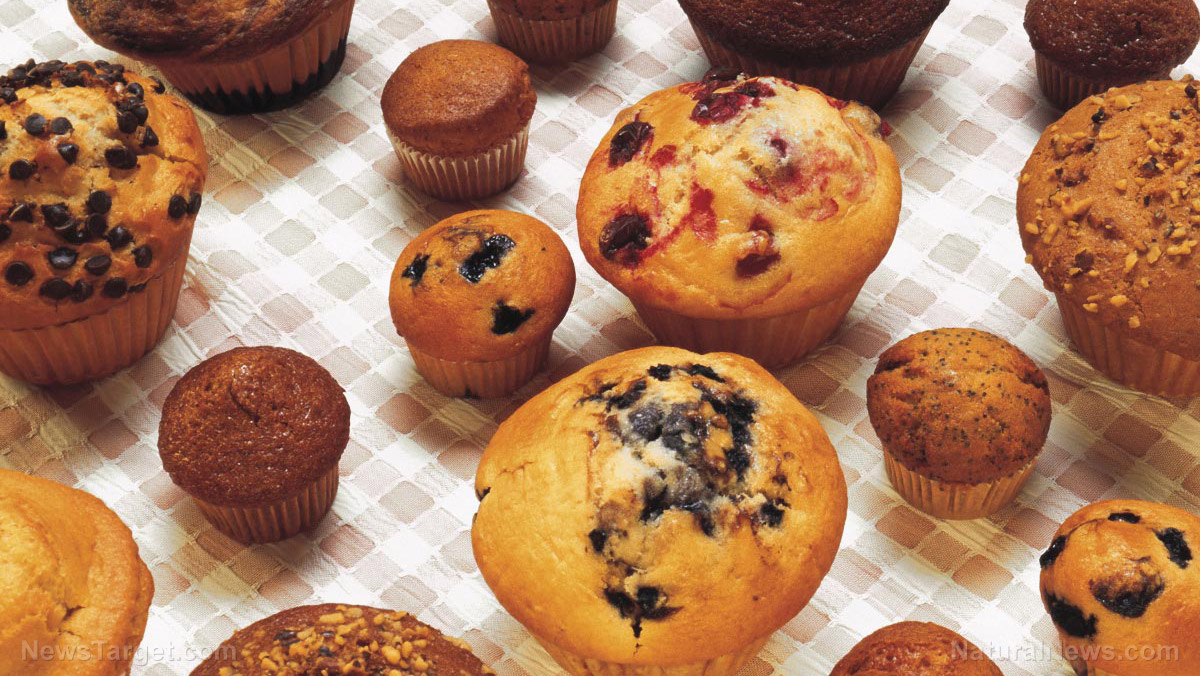11 Substitutes for baking powder, a pantry staple
09/10/2020 / By Divina Ramirez
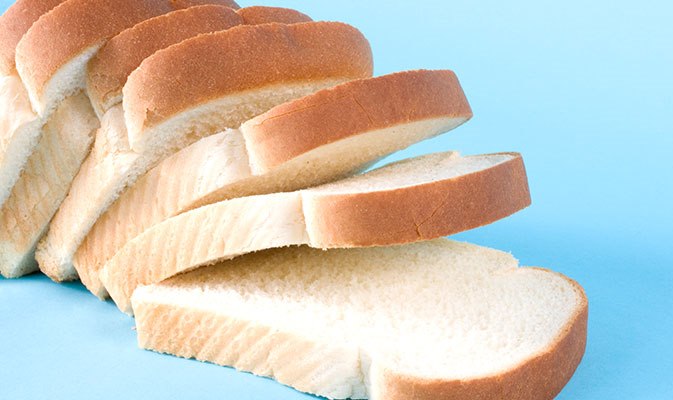
Baking powder – a leavening agent in baking – is a kitchen staple. It’s the essential ingredient that adds volume to baked goods and lightens their texture. Without baking powder, biscuits, bread and cookies are sure to be dense. Therefore, it’s important to have substitutes or alternatives on hand at all times.
Chemical reactions in the kitchen
Before considering substitutes, it’s important to understand how baking powder works. For starters, baking powder’s leavening effect is due to the production of carbon dioxide that occurs when its three components – an alkaline powder like baking soda, an acid salt and a neutral starch – mix with a liquid.
The alkaline and acid components of baking powder are responsible for its leavening effect. When moisture is added to baking powder, these two components react to release carbon dioxide. This gas is then trapped in the dough, thus causing it to inflate or rise.
On the other hand, the neutral starch added to baking powder helps to absorb moisture in the air. This helps keep the baking powder from reacting to moist or humid air during storage. This component also often comes in the form of potato starch.
Best substitutes for baking powder
With these three main components in mind, looking for a baking powder substitute becomes simple enough. Listed below are 11 healthful ingredients that could act as a substitute for one of the three components of baking powder. Mix them with the appropriate ingredients to make a decent baking powder substitute.
- Buttermilk – Buttermilk is a sour-tasting fermented product replete with beneficial microbes. Because it is an acidic ingredient, buttermilk combined with baking soda can produce the same leavening effect as baking powder. To substitute for 1 tsp baking powder, add 1/2 cup buttermilk and 1/4 tsp baking soda to the batter.
- Cream of tartar – Cream of tartar is a white, acidic powder formed during the winemaking process (fermentation of grapes). It is one of the most common substitutes for baking powder, not just because of their resemblance but also because of their chemical makeup. To substitute for baking powder, stick to a 2:1 ratio of cream of tartar to baking soda.
- Lemon juice – Lemon juice can fill in for the acidic component of baking powder. However, it does have a distinct flavor, so it’s best used in recipes that call for just a small amount of baking powder. A combination of 1/4 tsp lemon juice and 1/2 tsp baking soda should be enough to replace 1 tsp of baking powder.
- Vinegar – Vinegar also has a leavening effect when paired with baking soda in cakes and cookies. White vinegar works best for baking because of its neutral taste. It also won’t change the color of the batter, as is the case with other kinds of vinegar. (Related: Five surprising household uses for vinegar.)
- Egg whites – Some baked goods owe their soft and light texture to whipped egg whites, not baking powder. The number of egg whites needed to substitute for baking powder will depend on the recipe. Complex recipes might need up to 12 egg whites, whereas simpler recipes like pancakes might need just two or three.
- Self-rising flour – Self-rising flour can substitute for both baking soda and baking powder. It is made from a combination of all-purpose flour, baking powder and salt. In other words, it has all the essential ingredients needed to help baked goods rise.
- Yogurt – The process of fermentation makes yogurt highly acidic. Combined with baking soda, it makes for an ideal baking powder substitute. You can replace 1 tsp baking powder in a recipe with 1/4 tsp baking soda and 1/2 cup yogurt.
- Sour milk – Not to be confused with spoiled milk, sour milk is raw milk that has just begun to ferment. When mixed with baking soda, it reacts to produce the same leavening effect as baking powder. For best results, mix 1/2 cup sour milk and 1/4 tsp baking soda to replace 1 tsp baking powder.
- Molasses – This acidic substance is formed during sugar production. It is often used as a replacement for refined or processed sugar, but it can also double as a substitute for baking powder. Just combine 1/4 cup molasses and 1/4 tsp baking soda to replace 1 tsp baking powder.
- Club soda – Despite its name, club soda is just carbonated water that contains baking soda. Therefore, it makes for a decent leavening agent for adding volume to baked goods without the use of either baking powder or baking soda.
- Yeast – Yeast isn’t the most ideal substitute as it can impart its own flavor to the batter. But it will work in a pinch.
Baking powder is essential to making bread, pastries and other baked goods so soft and light. But if baking powder isn’t available, just mix and match these ingredients to make a decent-enough substitute.
Read more articles about natural substitutes for baking essentials at Ingredients.news.
Sources include:
Tagged Under: baking, baking powder, baking powder substitutes, food independence, homesteading, natural ingredients, prepping, tips
RECENT NEWS & ARTICLES
COPYRIGHT © 2017 NATURAL HEALTH NEWS

